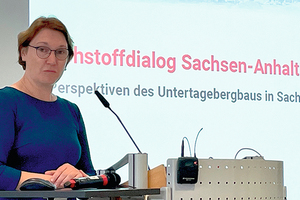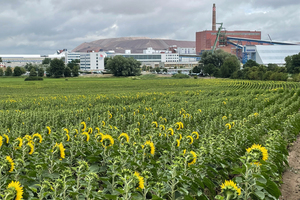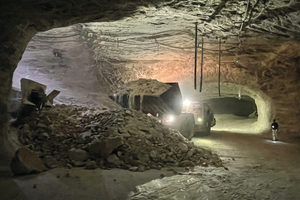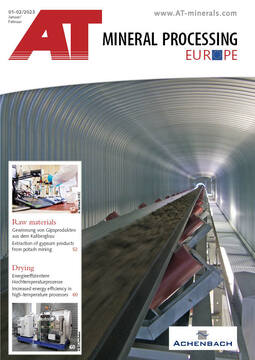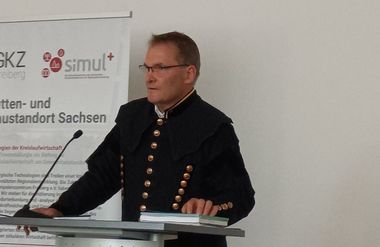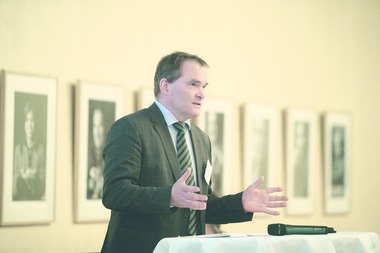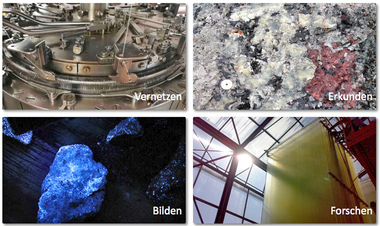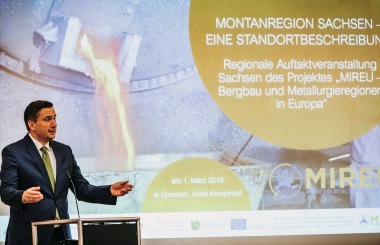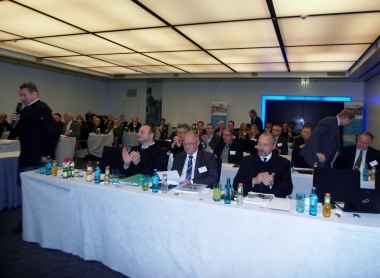The Geokompetenzzentrum Freiberg e.V. (GKZ)’s raw materials dialogue Saxony-Anhalt celebrates a promising kick-off
State Secretary in the Ministry of Economics, Stefanie Pötzsch, also saw this increase in prosperity in the GKZ managing director and moderator of the event, Dr. Reimer, whose mining coat – still coming from his great-grandfather – had to be stretched for him by a talented seamstress. The program was also wide-ranging, covering everything from active mining and cavern mining to waste storage and final disposal. The contributions on the amendment of mining law and on German natural gas production through fracking were the main topics that triggered an intensive discussion.
A positive aspect was the strong commitment of the representatives of the Ministry of Economics to mining and, according to State Secretary Pötzsch, the expectation that the results of the meeting will help the political decision-makers in their work. Although the opportunities in fracking are seen, it is difficult for politicians to communicate this topic. According to the speaker, the topic has had too much negative connotations since the public and politicians turned away from it following fake news from the USA. There is now a need for a strong application for acceptance based on the facts of how fracking was carried out in Germany on a large scale for decades without any damage.
Another challenge to the success of the energy transition is seen in the provision and expansion of hydrogen storage facilities. In contrast, according to the latest research results, no problems are to be expected from the charging of dropped natural gas storage facilities and the resulting gas mixing behavior of natural gas and hydrogen as well as gas alteration. The contribution from the host IFF Fraunhofer on drone-based lidar measurements of mine shafts primarily raised questions about the transferability and commercial maturity of the technology and the protection of exploitation. An impressive “ride through the global potash industry” was conveyed by the presentation of Ercosplan and, using the example of the Zielitz plant (with an outlook on mining development as well as planned investments in processing and a new shaft), by the contribution of the plant manager of the Zielitz plant, Dr. Scheele.
If an old shaft has to be kept in storage, it is obvious that only highly innovative methods can be convincing, as the contribution on the storage of the Teutschenthal shaft near Halle by Schachtbau Nordhausen GmbH impressively demonstrated on 64 slides. The fact that it is possible to make rapid progress from the idea to the application of new technologies was demonstrated by the example of the use of new measuring probes in salt for the real-time determination of deformation forces by GKZ member GGB Espenhain. All in all, the selection and depth of the presentations were so convincing that the event was highly praised and encourages to be continued.

